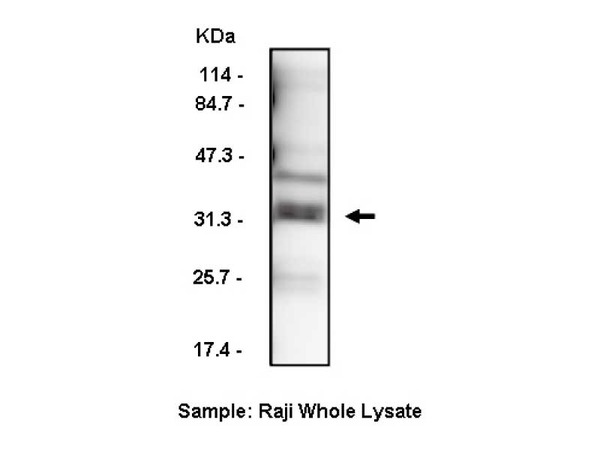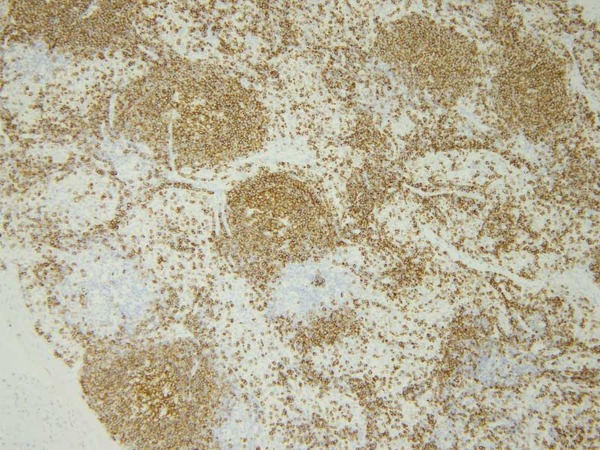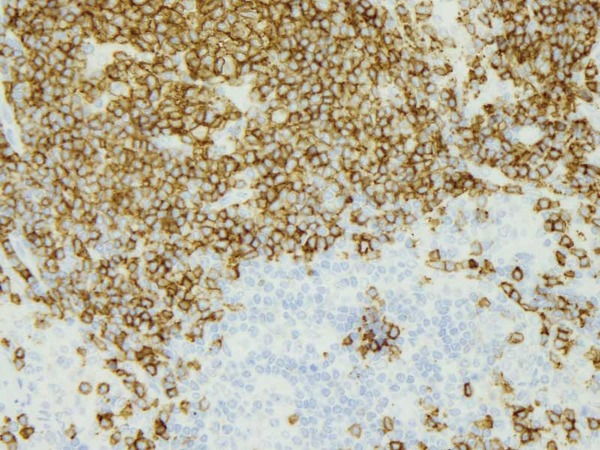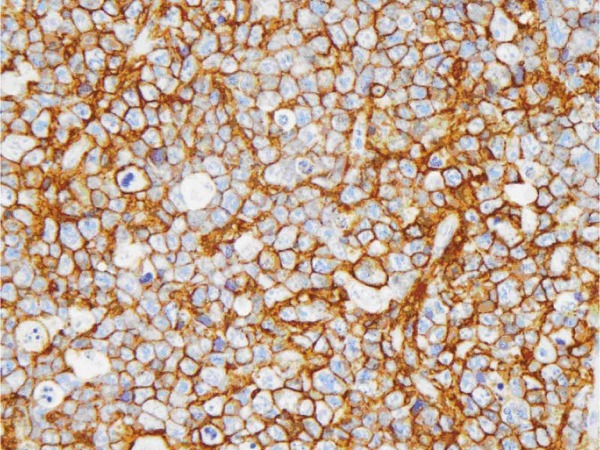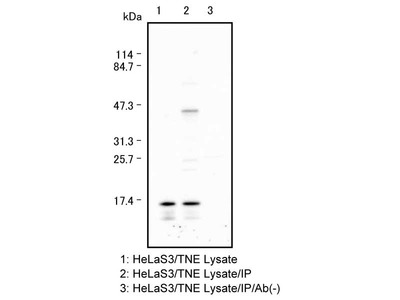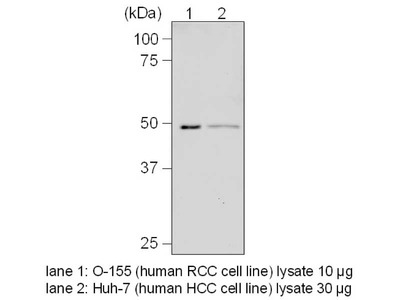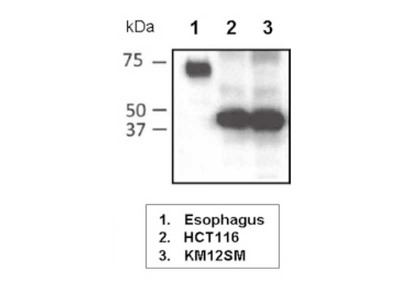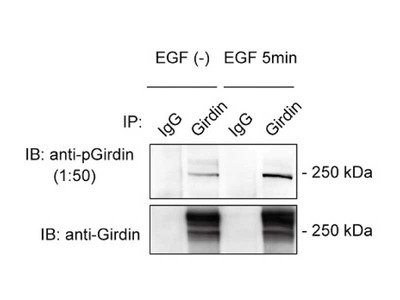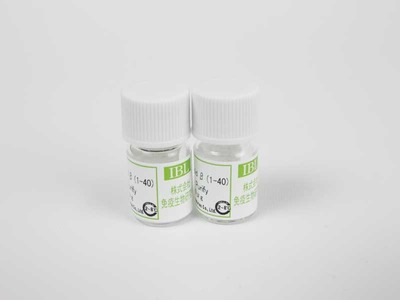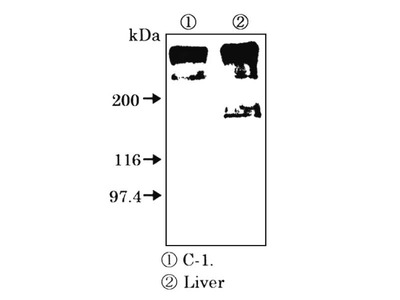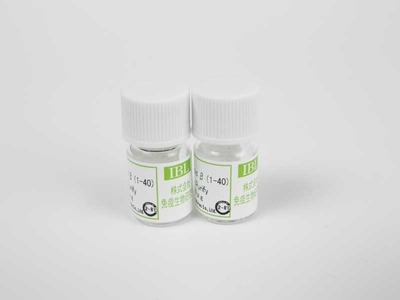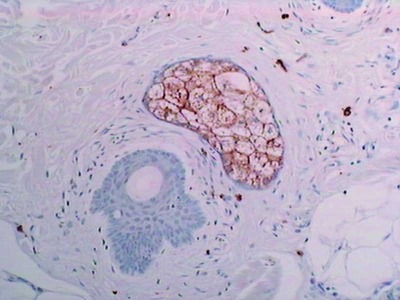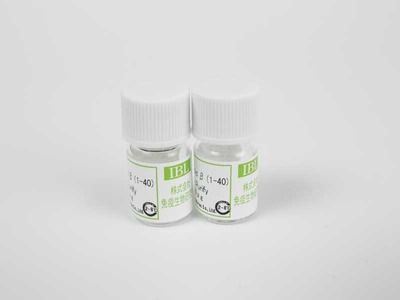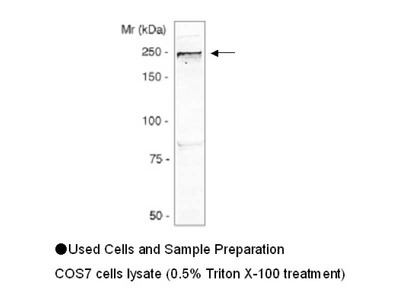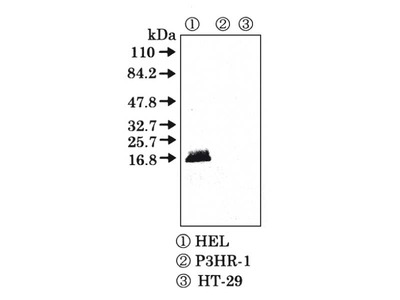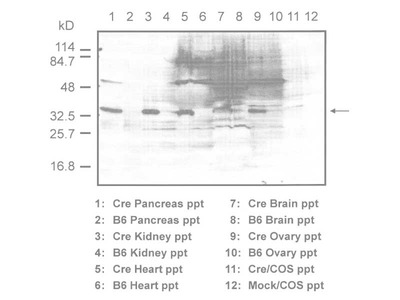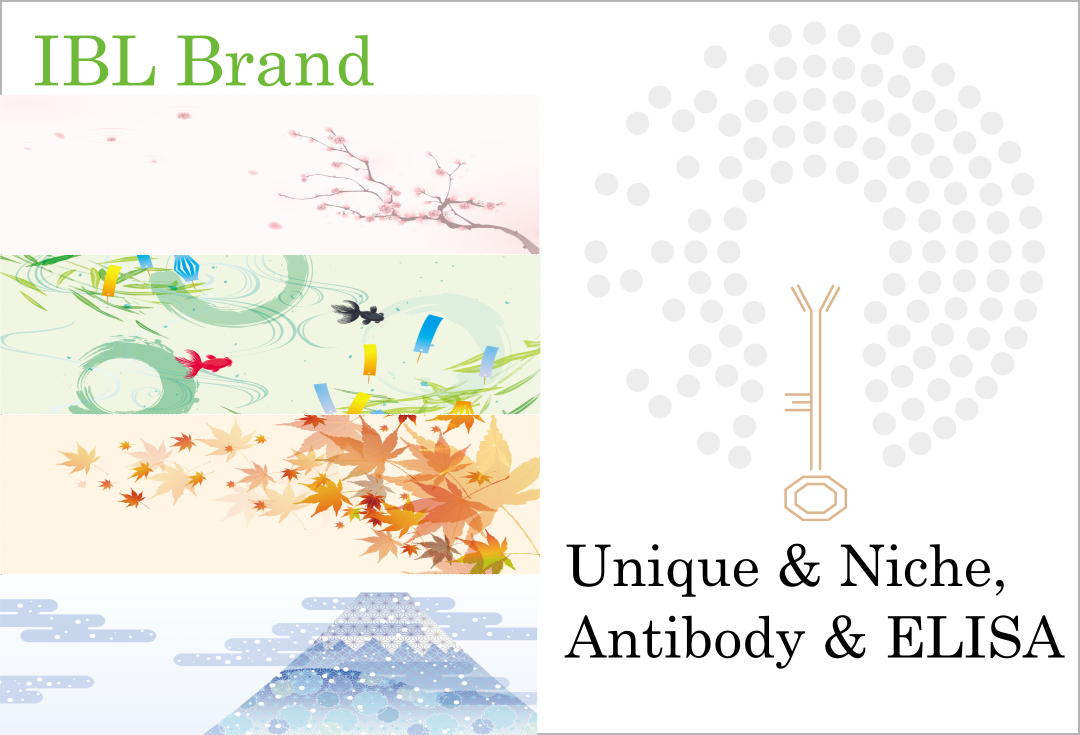- HOME >
- For Researchers >
- Product Search >
- Search Result >
- #10415 Anti-Human CD20 (N) (4-6H:2C) Mouse IgG MoAb
Product Search
#10415 Anti-Human CD20 (N) (4-6H:2C) Mouse IgG MoAb
- Intended Use:
- Research reagents
- Application:
- WB, IHC
- Package Size1:
- 100 ug
- Package Size2:
- 10 ug
- Note on Application Abbreviations
- WB:Western Blotting
- IHC:Immunohistochemistry
※ The product indicated as "Research reagents" in the column Intended Use cannot be used
for diagnostic nor any medical purpose.
※ The datasheet listed on this page is sample only. Please refer to the datasheet
enclosed in the product purchased before use.
Product Overview
Product Overview
| Product Code | 10415 |
|---|---|
| Product Name | Anti-Human CD20 (N) (4-6H:2C) Mouse IgG MoAb |
| Intended Use | Research reagents |
| Application | WB, IHC |
| Species | Human |
| Immunizing antigen | Synthetic peptide of the N-terminal part of human CD20 (CMQSGPKPLFRRMSS) |
| Source | Mouse-Mouse hybridoma (P3U1 × BALB/c mouse spleen cells) |
| Clone Name | 4-6H:2C |
| Subclass | IgG3 |
| Purification Method | Affinity purified with Protein A |
| Package Form | Lyophilized product from 1.0 mL of PBS containing 1 % BSA and 0.05 % NaN3 |
| Storage Condition | 2 - 8℃ |
| Poisonous and Deleterious Substances | Applicable |
| Cartagena | Not Applicable |
| Package Size 1 | 100 ug |
| Package Size 2 | 10 ug |
| Remarks1 | The commercial use of products without our permission is prohibited. Please make sure to contact us and obtain permission. |
Product Description
Product Description
Rituximab used for treatment of lymphoma is an antibody drug of which target is pan-B cell marker, CD20. It has been reported that the C-terminal region of CD20 undertakes a critical role in a binding to rituximab and the association between C-terminal mutations and rituximab-resistance has been investigated. This antibody was developed as a new monoclonal antibody that recognizes the N-terminal region of CD20 molecule to detect comprehensive CD20 regardless of C-terminal mutations. It is expected to be useful for the detailed examination of CD20 molecules by adding this antibody to reserch of CD20.

